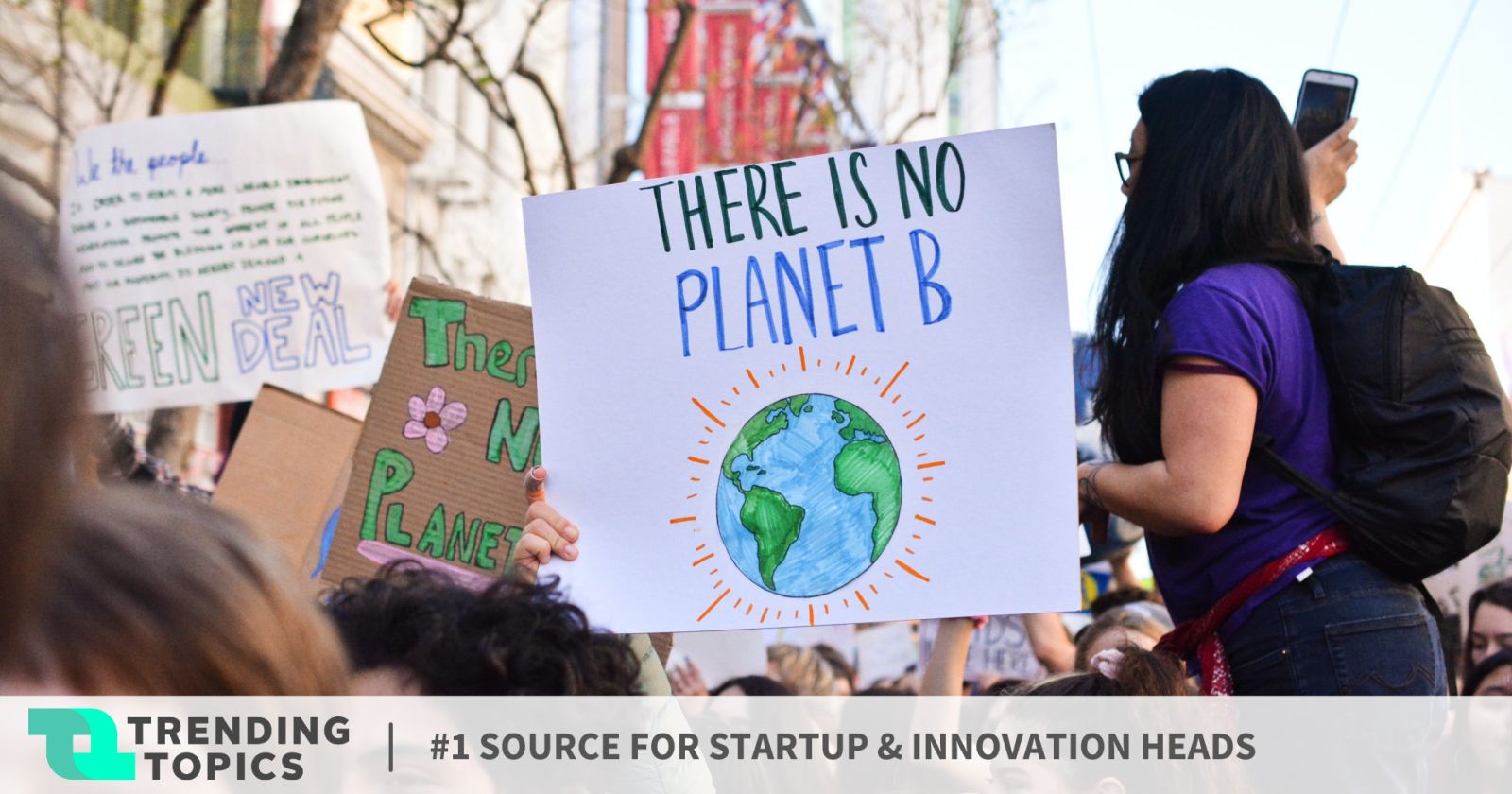The second political trilogue, i.e. the next negotiation between member states, the EU Parliament and the EU Commission on the Supply Chain Act, will take place today. An important discussion question concerns the inclusion of climate impacts in due diligence.
GLOBAL 2000, Fridays For Future Austria and RiseUp Uganda are working together to ensure that these missing climate obligations are specified in the supply chain law in order to curb the elementary role of corporations in global climate destruction. In a press release, Global 2000 emphasizes that the effects of a lack of climate commitments can be made clear, for example, by the uncovered example of the participation of an Austrian company in the East African Crude Oil Pipeline (EACOP).
“Climate protection must no longer remain voluntary”
The necessary legal framework, which obliges companies to reduce their emissions, is still missing: According to Global 2000, the EU supply chain law could create it on the basis of due diligence, but in the draft by the EU Commission from February 2022, climate protection measures are not explicitly included in the due diligence included. “Climate protection must no longer remain voluntary. The supply chain law offers the opportunity to avoid such cases of climate destruction in the future by obliging corporations to reduce greenhouse gas emissions in their value chains,” says Anna Leitner, spokesperson for supply chains and resources at GLOBAL 2000.
EU Supply Chain Law: Only “Climate Transition Plan” for companies
Instead of a legal basis that could reduce the carbon footprint of companies, the draft only includes a “Climate Transition Plan”. It was originally planned to link this plan to executive remuneration, but this link was removed in the Member States’ negotiating mandate in December 2022.
In June 2023, the EU Parliament extended due diligence to climate change in its negotiating mandate for the EU supply chain law. It was decided to include climate change in the definition of environmental impacts. This would oblige companies to analyze their impact on climate change and reduce their emissions.
These impacts include not only the company’s direct emissions and the emissions generated by the purchase of energy. It is also particularly important to consider indirect emissions caused by activities in the company’s upstream and downstream value chain.
EACOP: An Austrian example of the need for climate commitments
For example, Fridays For Future Austria recently uncovered a case that illustrates the need for climate commitments using the example of an Austrian company: The company Isoplus is involved in the construction of the longest heated oil pipeline in the world, the East African Crude Oil Pipeline (EACOP), which wants to transport oil from Uganda to the coast of Tanzania.
The project would cause an unbelievable 34 million tons of CO2 per year, which would correspond to half of the CO2 emissions in all of Austria. Scientific bodies such as the Intergovernmental Panel on Climate Change or the International Energy Agency would agree that further expansion of fossil fuel infrastructure would hinder compliance with the Paris climate targets, in particular the 1.5 degree limit. The EACOP pipeline is also set to cut a 30m wide swath across Uganda and Tanzania – in the process destroying around 400 villages and causing around 100,000 people in Uganda and Tanzania to lose their homes and land.
400 villages destroyed and 100,000 people homeless
Nicholas Omonuk, a Ugandan activist, is appalled by the fossil destruction project in his home country: “It’s time companies like Isoplus were held accountable. With their investments and their products they are destroying my homeland and our village communities. Here, Isoplus puts profits before people and our planet.”
The trilogue process is underway now that the Council and Parliament have agreed their positions on the Commission’s draft law. This process is expected to be completed by the end of 2023, at the latest before the 2024 EU elections. It is then the responsibility of the member states to transpose the new EU directive into national law.
